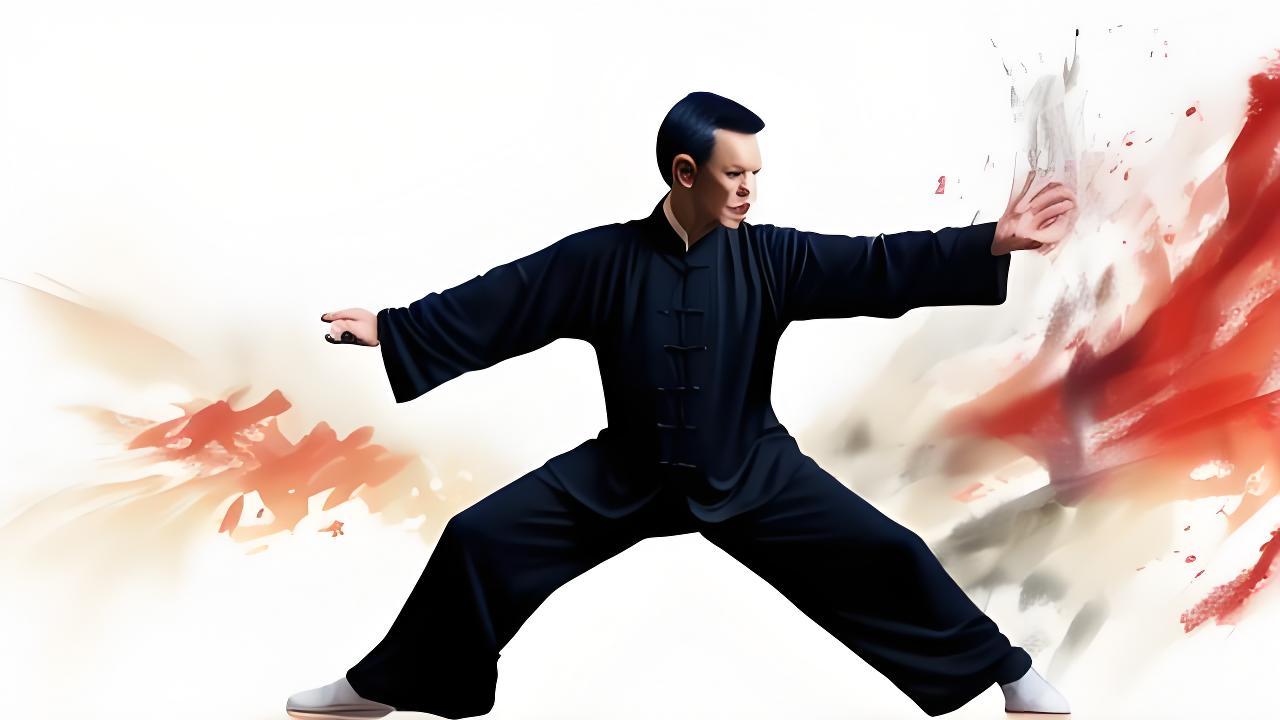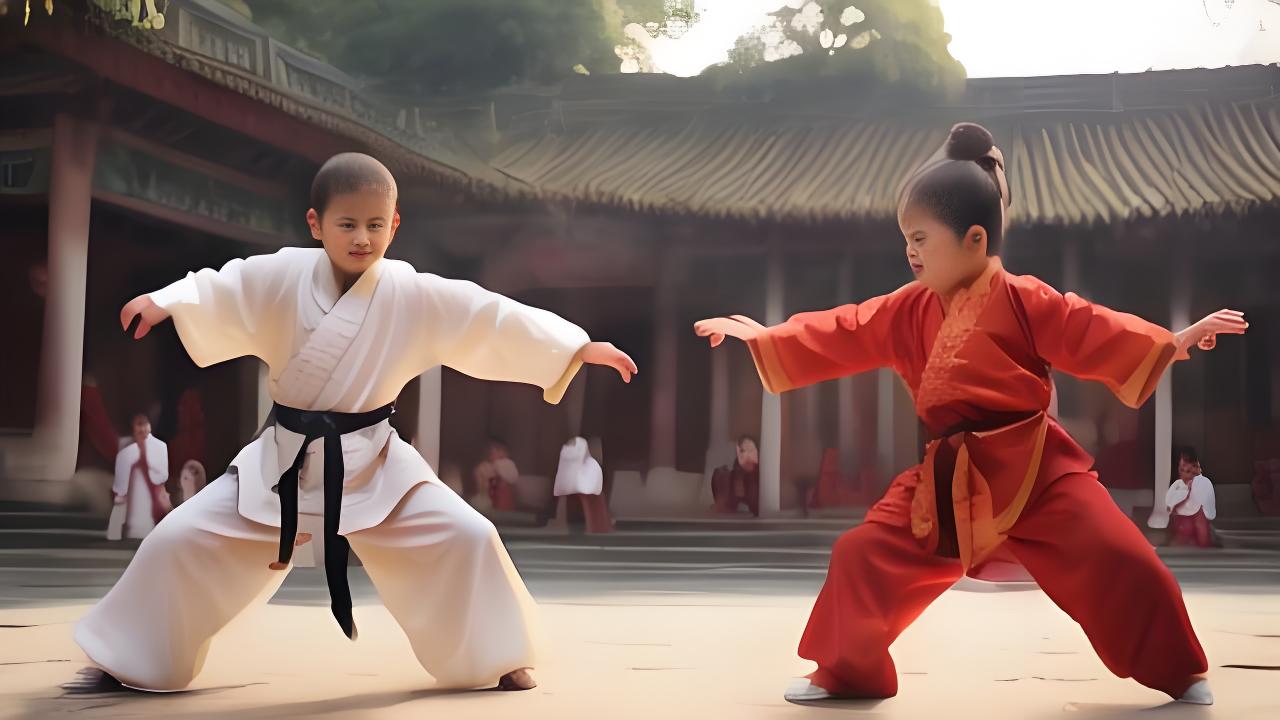Tai Chi is a treasure in traditional Chinese martial arts. It absorbs the essence of Eastern philosophy, and its movements are gentle and coherent. It can not only strengthen physical fitness, but also cultivate sentiment. Every action reveals a profound cultural connotation.
History origin
The origin of Tai Chi can be traced back to the late Ming Dynasty and early Qing Dynasty. In Chenjiagou, Chen Wangting created Tai Chi based on family-born boxing techniques, integrated the ideas of Yixue and the meridian theory of traditional Chinese medicine. Initially, this boxing was only taught within the Chen family, and after generations of continuous improvement and improvement, Tai Chi For Diabetes , it was slowly spread. It has gone from obscurity to fame, and has brought together the hard work of countless predecessors.
In this process, Tai Chi injects rich cultural significance. It is no longer just a skill of self-defense, but also shows the unique insights of our people on nature and life. It carries the ancient wisdom of the Chinese nation and always shines in the long river of history.
Strengthen the body
Tai Chi is not impatient or impatient, gentle and delicate, and has a low impact on joints. During practice, each joint can be fully mobilized, which helps improve joint flexibility and resilience. A set of Tai Chi and Diabetes Courses Online was hit by Tai Chi And Diabetes Courses Online , and the muscles and bones of the body seemed to have been combed, which not only cleared the meridians, but also made the circulation of qi and blood more smooth.

Tai Chi practice can enhance heart and lung function. During the movements, breathing becomes deep, long and orderly, and the heart and lungs are effectively exercised. If you can persevere, you can also improve your immunity, make people have a strong body, have more energy, and have a full life.
Cultivate the mind and cultivate the nature
When practicing Tai Chi, you must concentrate. You must experience every move carefully and throw away the noise from the outside world. As you practice, the troubles and distracting thoughts in your heart will slowly dissipate, allowing you to reach a state of peace and tranquility. It seems like being in a peaceful place in the prosperous world, nourishing the soul.
It emphasizes that thoughts guide actions and silently respond to changes. Between movement and stillness, practitioners can seek balance and gradually form a calm and calm personality. In this way, they can be more relaxed in the face of various challenges and pressures in life.
Cultural connotation
Tai Chi has been deeply influenced by Confucianism, Taoism and Buddhist thoughts. Among them, the concept of "harmony between man and nature" allows us to understand the principle of harmonious coexistence between man and nature; the principle of "yin and yang are mutually generated and mutually restrained" allows us to understand the laws of changes and development of things. These profound philosophical thoughts run through every move, making us feel as if we have a dialogue with the ancients across time and space during the practice of Tai Chi.

It contains rich etiquette and cultural connotations. During the process of practice and communication, people respect each other and attach importance to martial ethics. This kind of etiquette and morality is not only reflected in the field of martial arts, but also affects daily life, making us understand respect for the elderly, love for children, and maintain a humble and friendly attitude.
Inheritance and development
Tai Chi has now gone global. Many foreign friends were attracted by their unique charm and devoted themselves to studying. Whether in parks or venues, whether in domestic or abroad, you can see people practicing Tai Chi. Tai Chi has become a window for the external display of Chinese culture and has built a bridge for cultural exchanges between China and foreign countries.
Inheritance encountered challenges. The pace of life in modern society is accelerating, and the number of young people who are willing to devote themselves to studying Tai Chi is gradually decreasing. We must take positive actions and strive to cultivate more talents to make this precious cultural heritage shine again in a new era.
Do you have any friends who like Tai Chi? You can recommend this article to them, and you are also welcome to like and leave messages to communicate.


